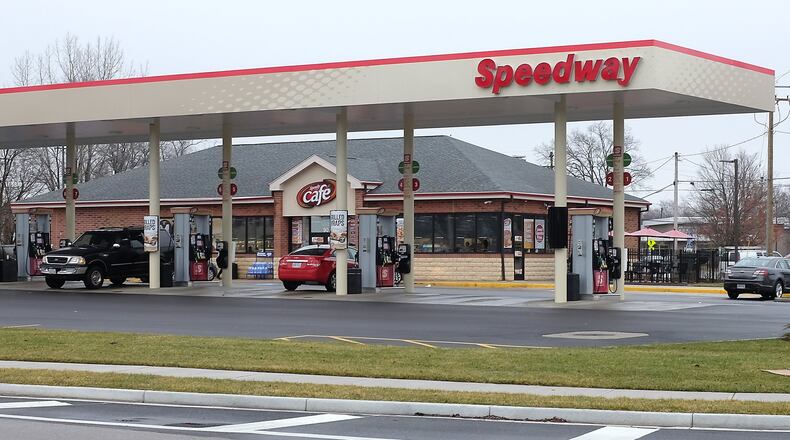“We remain committed to taking sound, aggressive action for MPC shareholders – and we believe today’s announcements will unlock substantial value,” said Gary R. Heminger, Marathon’s president and CEO in a press release. “We are moving ahead expeditiously on these initiatives to further highlight the compelling value in MPC.”
Speedway’s corporate headquarters is based in Enon, and the company is one of the Dayton area’s largest employers.
In 2014, Speedway completed a $2.8 billion acquisition of Hess Retail Holdings, an East Coast convenience store chain. Speedway already operated about 1,500 stores across the U.S., mostly in Midwestern states like Ohio, Indiana and Michigan. The acquisition allowed the company to take control of an additional 1,260 Hess locations, making Speedway one of the largest convenience store chains in the country.
Larger refiners like BP and ExxonMobil have largely divested much of the retail side of the business over the past several years for a variety of reasons, including mergers and acquisitions, competition and other factors, said Jeff Lenard, vice president of strategic industry initiatives for the National Association of Convenience Stores. But especially after the Hess acquisition Speedway is large enough
“Certainly the largest U.S.-based convenience store chain could stand on its own,” Lenard said.
Along with considering Speedway, Marathon announced other moves including plans to accelerate a drop down of assets with about $1.4 billion of assets to MPLX LP, a spinoff formed by the company. A drop down is a transfer of assets from the parent company to the spinoff. In general, it’s a way for companies to raise additional capital they can reinvest in the business or return to shareholders through dividends, stock buy backs or other means.
Marathon has been under pressure from hedge fund Elliot Management Corp., one of the company’s largest shareholders who argued late last year that Marathon’s stock was undervalued. In a letter to Marathon’s board of directors in November, Elliott argued Marathon should separate its retail, refining and distribution businesses.
“To be clear, we are not asking the company to contemplate selling any portion of its business,” wrote Quentin Koffey, a portfolio manager in a letter to Marathon’s board. “Rather, we are asking the Board to evaluate whether Marathon shareholders would be better served by holding the three businesses separately via tax-free spinoffs to shareholders.”
About the Author
